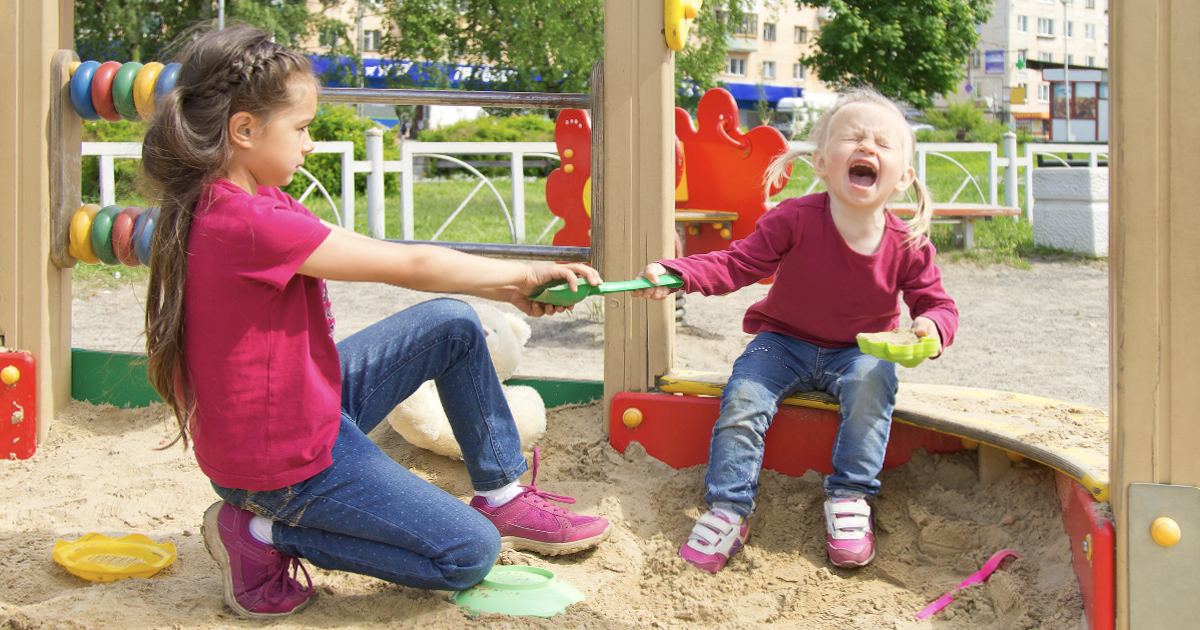We went through a stage in our family recently when every single time our two oldest boys sat down to play a certain game, it always ended with someone crying, screaming or being smacked. It will come as no surprise to those of you who have dealt with young kids that the problem was a simple case of “me-itis.”
Let me break down that term, which I may or may not have just made up. “Me” means myself and “itis” is a pathological term meaning a disease characterized by inflammation. So, “me-itis” is an inflamed view of self. Someone who suffers from “me-itis” is selfish and not open to growth or change because they believe they have arrived.
My boys are seven and five, so they are right in the middle of that phase when they need to learn it is not all about them. They have two brothers, a mom, a dad, a dog and a cat who also need to be considered (and that’s just in our home). When this fighting happened, we helped them understand that “me-itis” is not OK. They’ll grow out of it, right?
But what happens when that “me-itis” sticks with us all the way to adulthood? What if it is something we never grow out of? What if our individualistic nature is slowly killing us and our families, relationships and witness?
We live in an individualistic culture. We constantly hear the message “you come first.” Personal “rights” are valued more highly than the common good. We are experiencing such disunity and lack of empathy that there are times I am scared to interact with people. We have become so concerned about ourselves that we don’t seem to care how our words or actions affect others.
With all that in mind, how do I teach my kids to focus on others—and then send them into a world where adults are mean, rude and shame each other behind keyboards while their own “me-itis” grows and spreads?
As with all questions, let’s go to Scripture to find answers.
First, we need to remember that we are called to live in, but not be of, this world (see John 17:11, 14-15). So, if your thoughts, words and actions start looking like those of your culture, take a step back and get into God’s Word.
Next, we need to remember that our battle is not against flesh and blood and start fighting the real enemy (see Ephesians 6:12). It is not against people, governments or institutions, but for souls, holiness and the kingdom. In the Garden of Gethsemane, Peter misunderstood Jesus’ mission and started fighting the wrong battle, attacking the high priest’s servant (see John 18:10-11). Jesus knew that the battle was for our souls, and he understood that fighting the wrong battle meant forfeiting the real one.
What does that mean for us? It means we need to stop pointing swords at each other, pick up our crosses (see Matthew 16:24-26) and point our swords at the real enemy.
Finally, we need to remember William Booth’s declaration—OTHERS—and understand what it means to look not to our own interests but to the interests of others (see Philippians 2:4).
There is a hard truth in this message and here it is: are we, like small children, more focused on ourselves than others? Are we fighting a kingdom battle or cultural battles? Are we allowing the slow fog of our individualistic culture to take over our lives, families and churches? Are we acting like children of the world instead of children of God?
To cure my kids of “me-itis,” we teach them how important it is to be a team. Our family is a team that works together to fight a holy battle. We are a team who care about each other and lay down our swords in disagreements. We are a team who care for our souls so that we can care for others. We are a team who are unified in mission and by the Holy Spirit. Because where there is no unity, there is no Spirit, and where there is no Spirit, there is no meaningful kingdom work being done.
Don’t worry—there is a cure for grown-up “me-itis,” too—and it’s symbolized in the colours of our Salvation Army flag: blue for the purity of God, red for the blood of Jesus and yellow for the fire of the Holy Spirit. Cover your lives and your homes in that flag because it has to start with you.
Captain Bhreagh Rowe is the community ministries officer, St. Albert Church and Community Centre, Alta.
Photo: zabavna/stock.Adobe.com










Leave a Comment